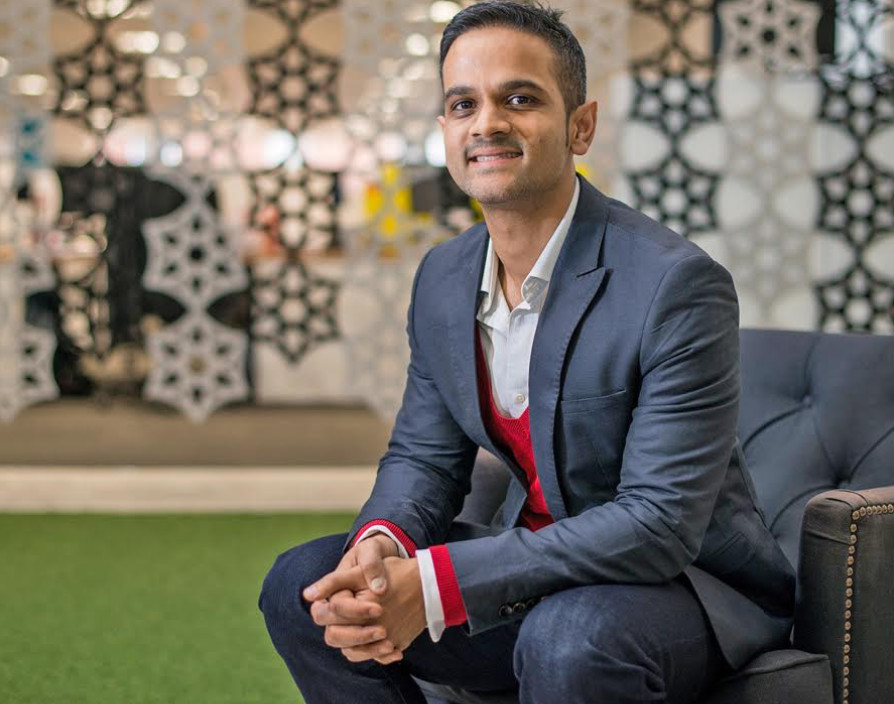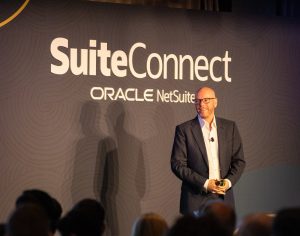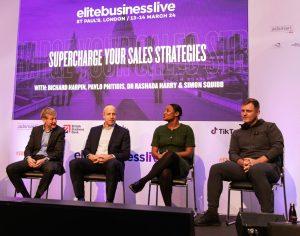The firm is already undergoing a period of growth, hiring for numerous senior roles and focused on finding the best people, while looking forward to the next 12 months, which includes some exciting expansion plans.
Dey sees the current changes sweeping through the UK workforce as no mere temporary situation, but rather a shift towards a new model that workplace learning specialists such as Learnerbly will become a vital part of.
It’s clear that remote and hybrid work is here to stay, says Dey. For employers who are looking to revert to their pre-pandemic working practices I envisage they will struggle to attract and retain top talent. In the current climate the war for talent is as fierce as it has ever been and top talent has a lot of options. Most employees value flexibility so the ability to work remotely or at least a hybrid approach whereby some of the time can be remote and the other onsite will be essential.
The key for employers, believes Dey, is designing this in the most equitable and inclusive way.
Hiring remotely raises a whole array of challenges around pay parity. If you have two people doing the same job – one in London and the other in Lagos their cost of living will be radically different. Whilst remote work provides the opportunity to open yourself up to a global talent base, employers need to think carefully about their philosophy towards pay. Are you going to pay the two people the same or localise salaries to reflect cost of living?
The introduction of ‘Lagos weighting’ into future pay deals would be a great addition to business phraseology.
Not so remote working
Another factor to consider is inclusion in a hybrid or remote world. How do you ensure that everyone feels included and has a sense of belonging in this new world?
Hybrid in particular can raise challenges especially if some people default to being more in an office than others. Do those that don’t come risk missing out? asks Dey.
Employers need to have clear ways of designing for remote work so that one option does not appear sub-par to the other. If you’re hybrid and having a meeting then everyone should have their cameras on even if they are in the same room so those participating remotely feel included. This requires careful organisations design which is why many businesses are starting to hire for Head of Remote positions.
Overall for society I think this shift is a positive one; it enables people to take ownership over their time and gives flexibility to manage their home and work responsibilities. Whilst there is concern regarding younger employees and their development and ability to create social bonds with the appropriate organisational design these things can be facilitated to be a win-win.
That seems like the sweet spot that Learnerbly will thrive in. That, and a sudden skills shortage in many markets which a lot of employers are solving by recruiting from a global talent pool. So you might add a Buenos Aires, Delhi, Dublin and Auckland-weighting as well as Lagos.
It also forces businesses to think differently about their current working practices and design everything from scratch. This paves the way for innovation and questioning ‘why do we do things like this?’ If the business can get better at working in a more asynchronous manner this itself has benefits and enables a more diverse employee base to thrive.

Impact investing
So much change and upheaval, Dey believes, is fertile ground for start-ups, particularly in the tech space, and great also for those that can ride the wave of societal change.
There is probably more funding available than ever before and more great opportunities arising from the huge amount of change in the world. There’s an increasing recognition for the need for socially impactful businesses and investment being channelled into ‘impact investing’ too.
Whilst the market for talent is challenging there is a huge amount of innovation taking place at the moment so I’m optimistic about the future for UK startups.
It doesn’t mean that start-ups are any less at risk than in somewhat steadier times, but they are at least able to access more help and assistance than ever in terms of willing investors and technical infrastructure.
What concerns Dey is that investor over-exuberance may be backing a lot of the wrong horses.
The success rate of early stage companies is low. Startups are inherently risky and with such a glut of money flowing into the sector there’s also a risk of things being funded without the level of scrutiny you may previously give to a venture. There is therefore a high likelihood that a lot of these new ventures will start and fail. Whilst that’s to be expected, how entrepreneurs handle that and treat their employees in those situations will be an important test.
Personal development
Over at Learnerbly things are looking good right now, with business more than doubling the last year or so. Hybrid working is proving to be good for self-directed learning and personal development plans, accelerating interest in the firm’s offering.
As employees are no longer sitting in an office, overhearing conversations and learning via ‘osmosis’ , employers are having to be more intentional about how they support the personal and professional development needs of their employees.
Empowering them to own their development and equipping them with a personal learning budget to spend on the Learnerbly marketplace of 250+ providers is a great way of doing this, says Dey.
We’ve also built in numerous social learning features via an activity feed and Slack integration where you can see what your colleagues are learning right now, read reviews left by your peers both within the business and across our 100-plus clients as well as recommend content to each other. As a result our business has more than doubled over the last 12-18 months.
What Learnerbly has created in its interactions with employers and learning and development content providers is a sort of virtuous circle, enabling all parties to improve their offering through the connectivity that comes with being part of its network.
As a learning marketplace we need the clients to sign up to the platform and also the suppliers who provide the content. We have over 250 of the world’s best Learning and Development content providers accessible via Learnerbly and new suppliers being added daily. There’s a nice network effect built into our proposition because every time we introduce a new business as a client we onboard their existing L&D suppliers too. Those suppliers in turn get access to not just that one client but 100-plus other businesses who utilise Learnerbly to manage their L&D needs.
Similarly employees can make their own suggestions for new content/providers so we discover what’s trending or ‘hot’ right now which better influences the recommendation algorithm and ensures we can spark curiosity in the employees using the platform. As a result we see industry leading levels of monthly engagement on the platform which further feeds into the virtuous circle.
Next on the agenda is taking that virtuous circle elsewhere and the firm has big plans, starting from next year.
With now 100+ clients including the likes of GoCardless, Snyk, King.com, Curve, HelloFresh, IDEO, to name a few we are now looking at new markets. In particular the US is a key market for us and so approaching our US expansion will be a key focus for 2022.
We’re very excited that Rajeeb Dey MBE, Learnerbly CEO will be joining us at Elite Business Live on our Diversity, Inclusion & Development panel discussion on the 11th March 2022, 12:35pm for your opportunity to watch Dey speak live on our panel please register to either virtually attend or be part of our VIP studio audience and potentially meet our panel.
“
Share via:


















































